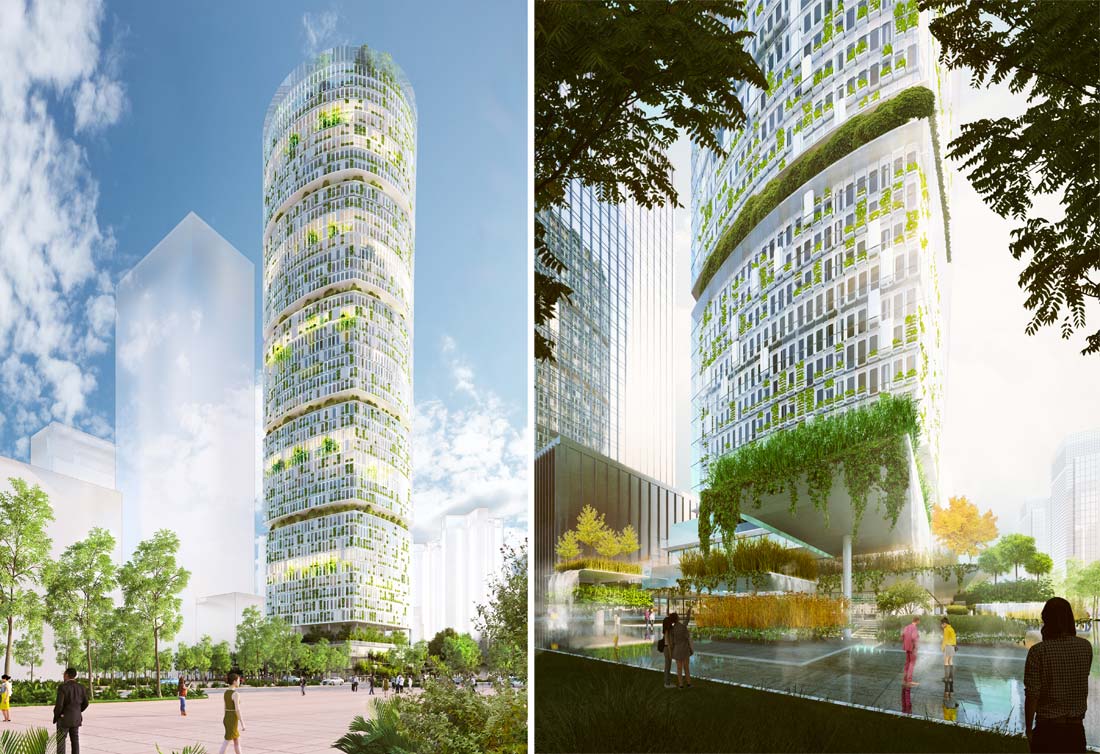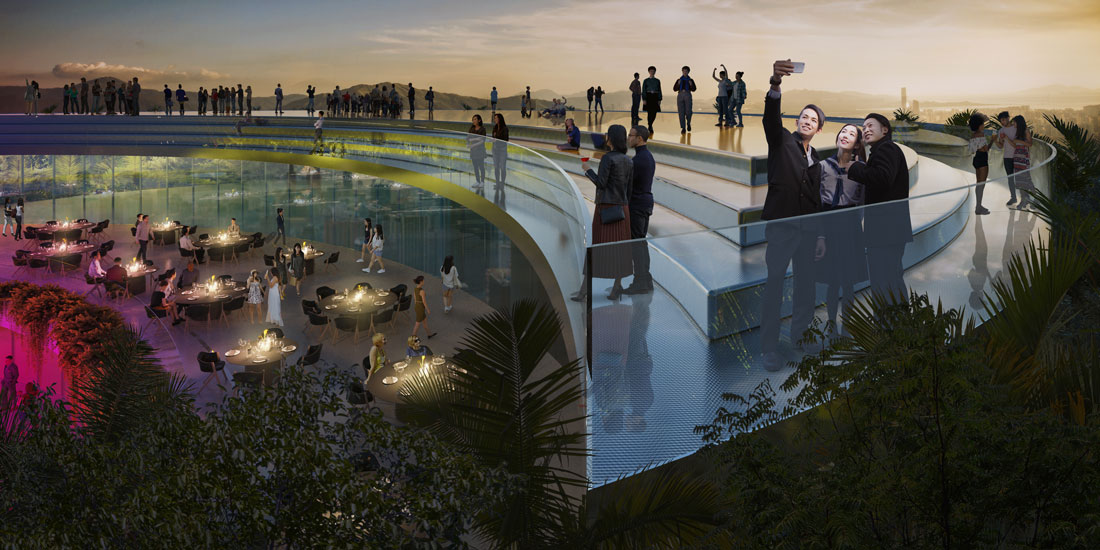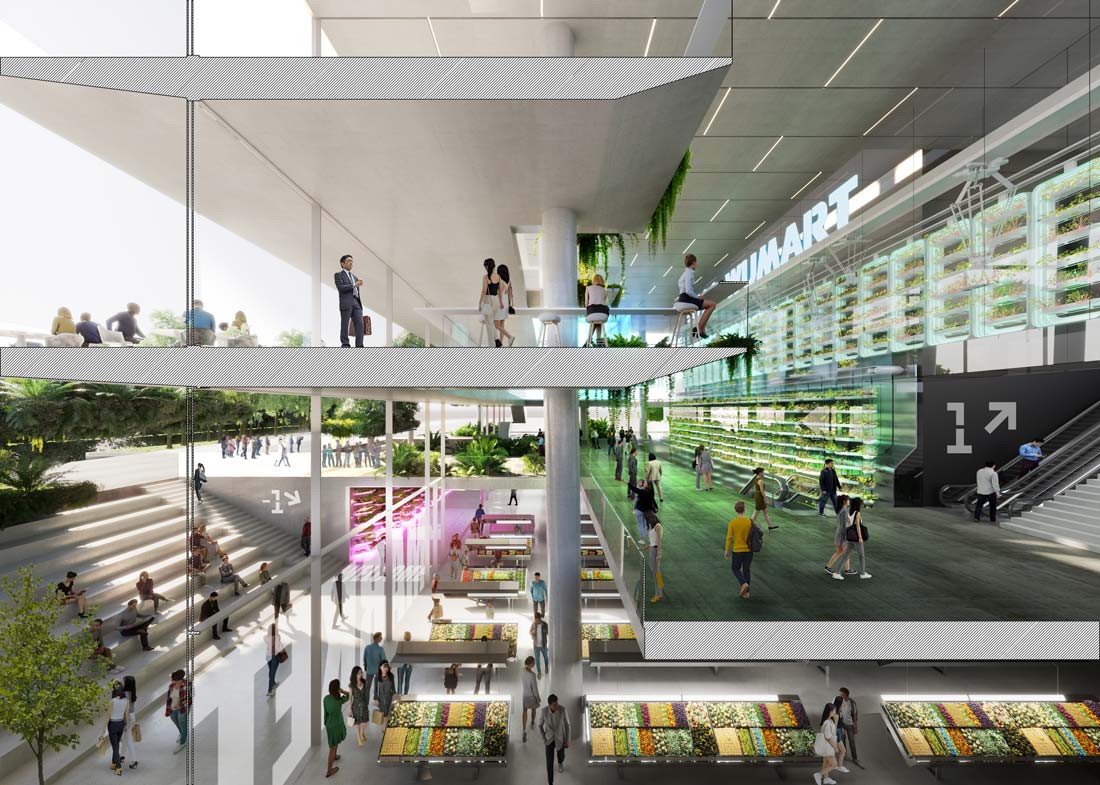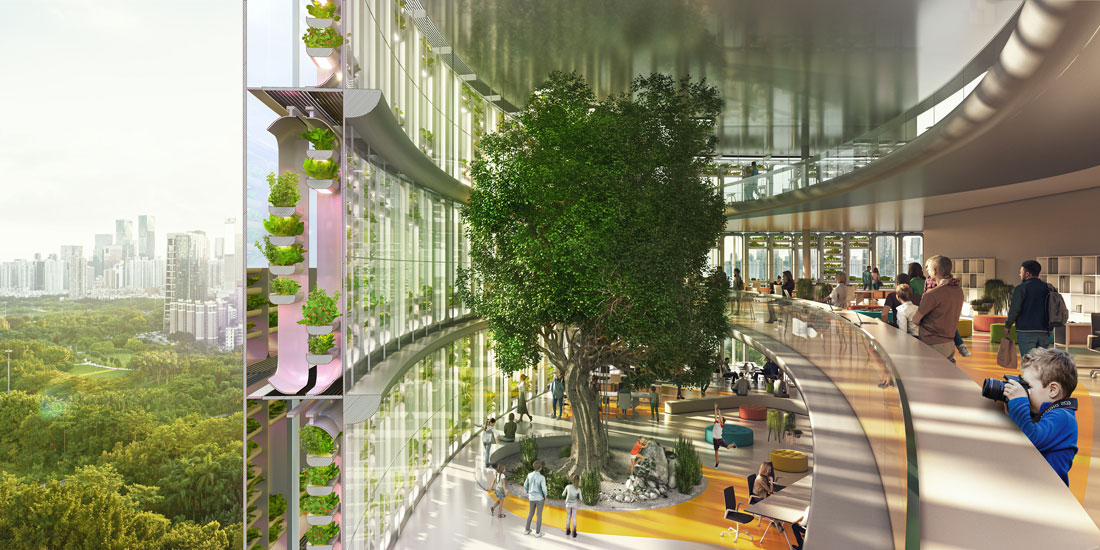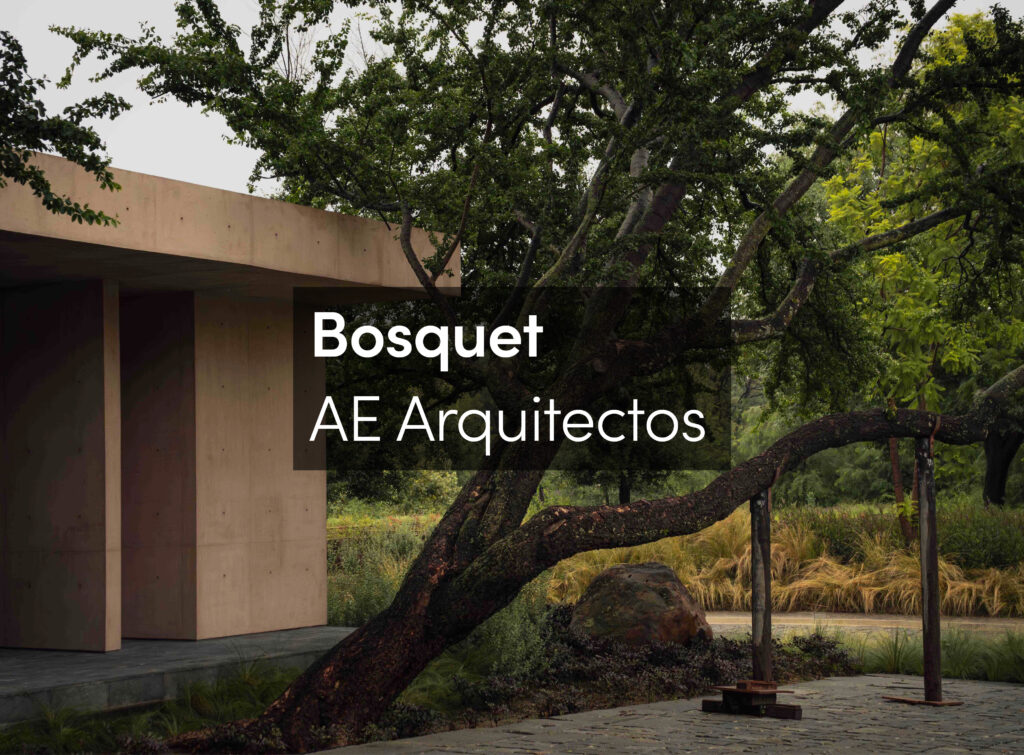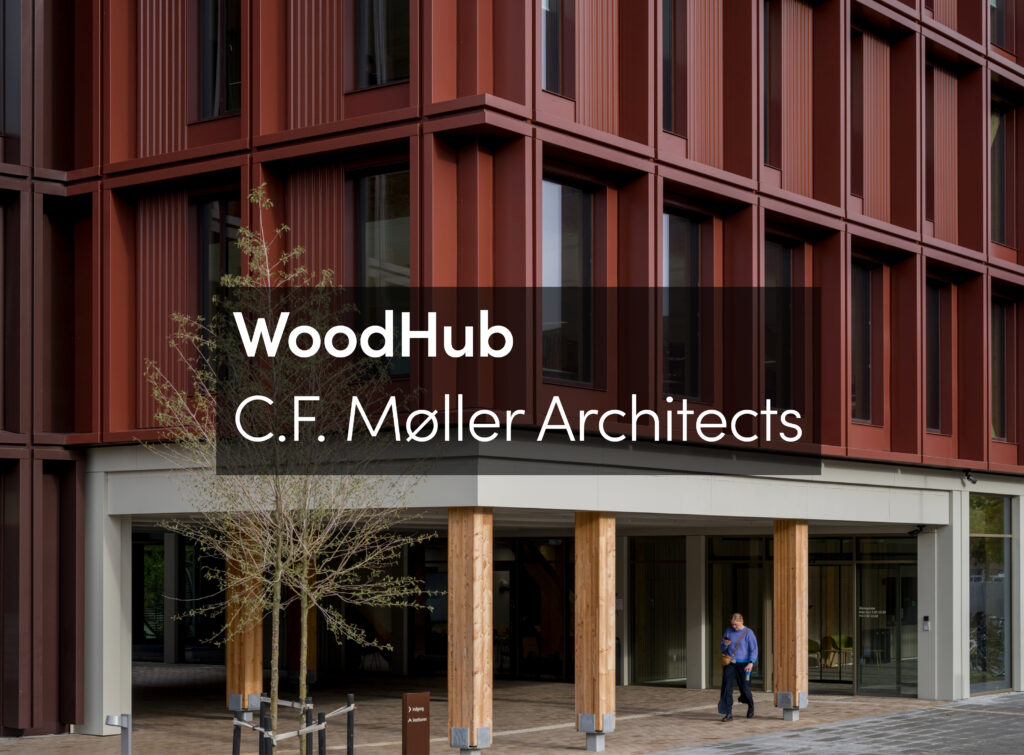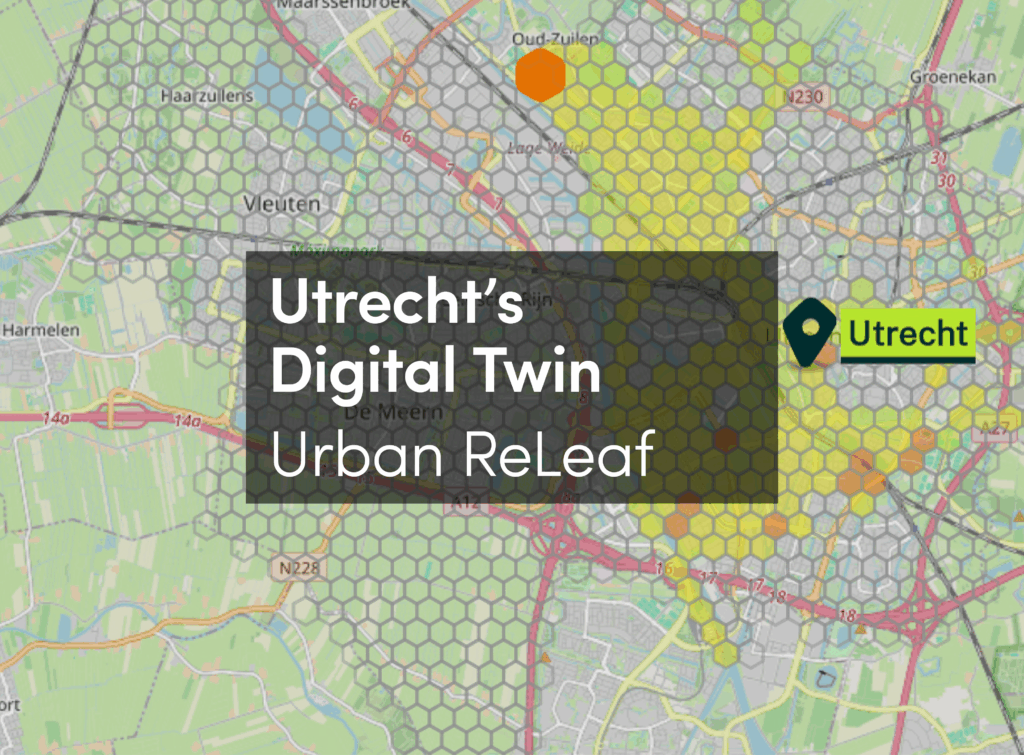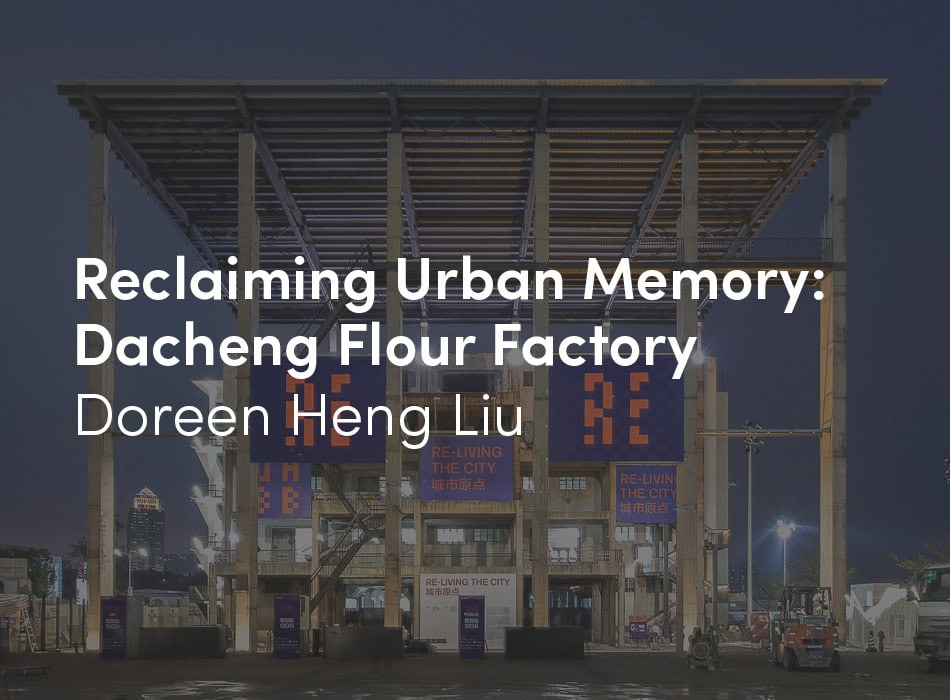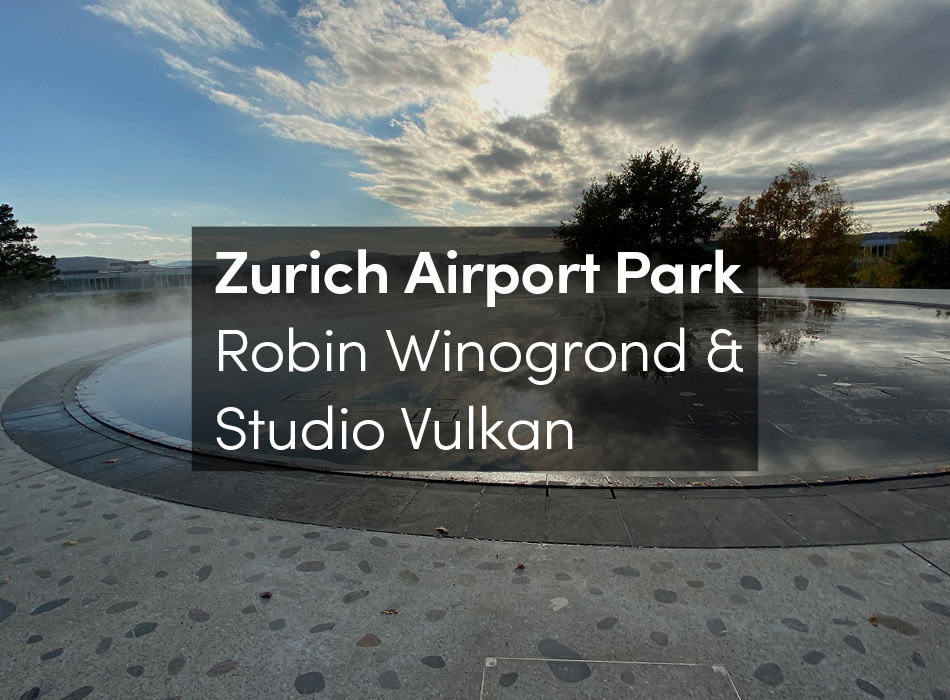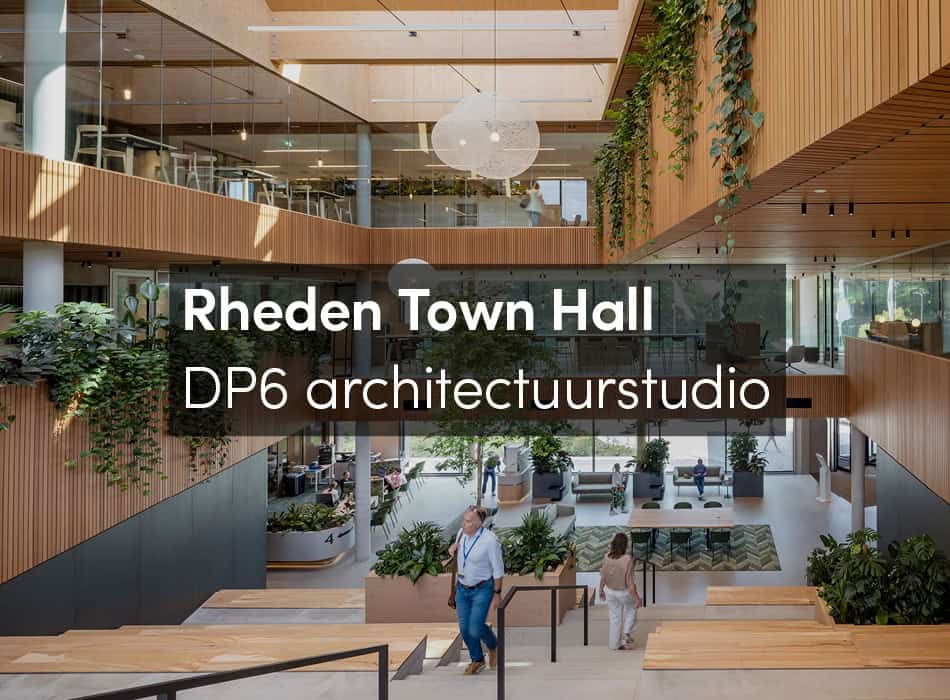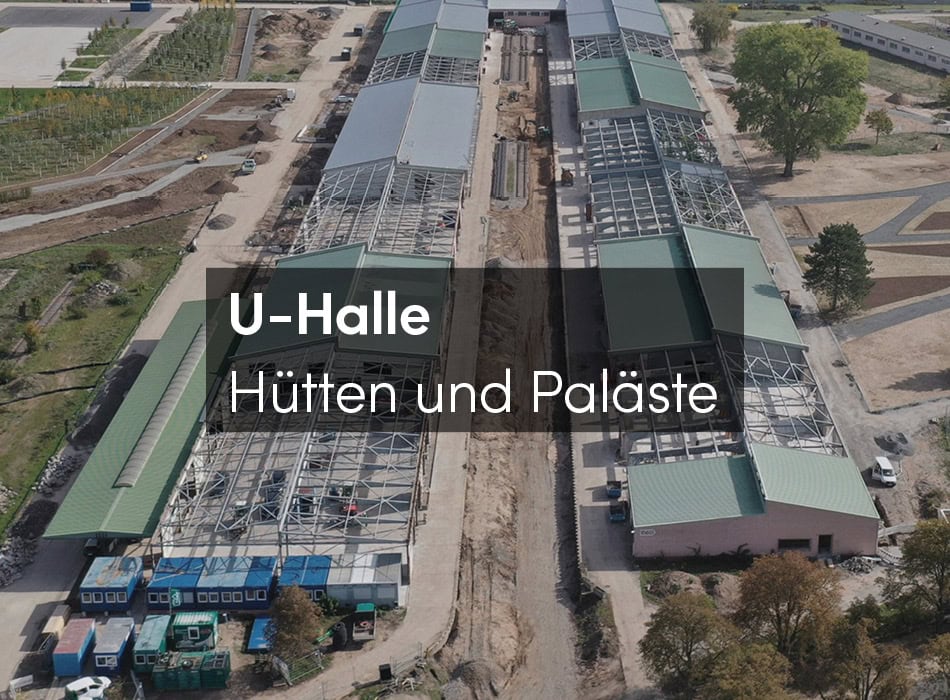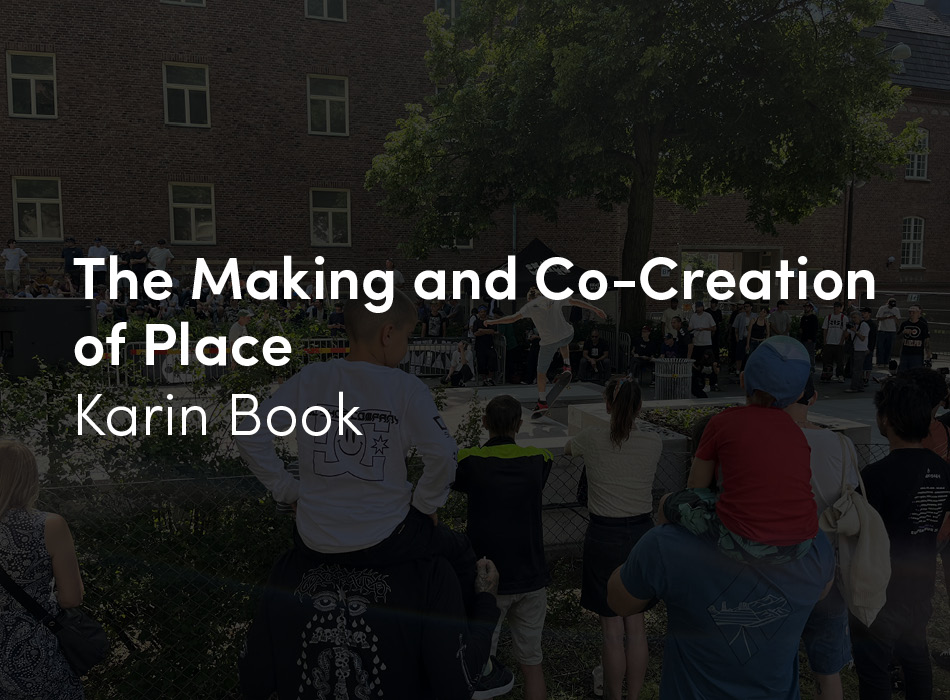The Jian Mu Tower, located in the southern Chinese city of Shenzhen, was conceived for an international competition organized by the leading Chinese supermarket chain Wumart. It introduces a new kind of skyscraper where the natural and the artificial closely overlap. The building’s design makes it possible for the building’s tenants to cultivate, purchase, and consume fresh vegetables and fruits directly inside the tower.
Jian Mu Tower was conceived to occupy the last plot available in Shenzhen’s Central Business District, which would complete the skyline of the area’s central axis. The 218-meter-high tower dedicates 10,000 square meters of space on its façade to the cultivation of crops. The vertical hydroponic farm will produce an estimated 270,000 kilograms of food per year, enough to cover the needs of roughly 40,000 people. Jian Mu Tower establishes a self-sustained food supply chain, encompassing the cultivation, harvest, sale and consumption of crops, all inside the same building. In addition, the tower will house offices, a supermarket, and a food court.
“Small-scale urban farming is happening in cities all over the world – from Paris to New York to Singapore. Jian Mu Tower, however, takes it to the next level. This approach has the potential to play a major role in the design of future cities, as it engages one of today’s most pressing architectural challenges: how to integrate the natural world into building design,” says Carlo Ratti, founding partner of CRA and professor at the Massachusetts Institute of Technology. “In addition to producing food, the Jian Mu Tower’s farm helps with solar shading – a key issue in tall buildings.”
The name of the tower is derived from the mythical symbol of the “jian mu tree” which, in ancient Chinese folklore, connects heaven and earth. According to traditional belief, heaven is round while the earth is square. The skyscraper echoes this principle with its rectangular base that gradually morphs into a tubular form as it rises. The tower offers 90,000 square meters of space across 51 levels.
Working with ZERO, an Italian-based company that specializes in innovative approaches to agriculture, the tower’s farm is optimized to produce everything from salad greens and fruits to aromatic herbs, while remaining efficient and sustainable. An AI-supported “virtual agronomist” is tasked with the farm’s day-to-day operations, managing irrigation, nutritional conditions, and other matters.
Apart from the vertical farm, the building’s natural and artificial elements work alongside one another in many other ways. On the tower’s outside, a series of landscape terraces house a wide variety of flora including water lilies, ferns and lychees. These terraces promote biodiversity and take advantage of Shenzhen’s abundant precipitation in their sustainable irrigation system. In addition, the office workers inside Jian Mu Tower are able to utilize the inner gardens for relaxation and social interaction. The gardens themselves are double-height and seamlessly integrated into the interior spaces, allowing tenants to feel immersed in a natural setting. The prominence of greenery on the building’s surface effectively reduces solar irradiance in indoor areas and the need for air conditioning. Furthermore, workers can use a mobile app to customize the micro-climatic conditions of their offices.





